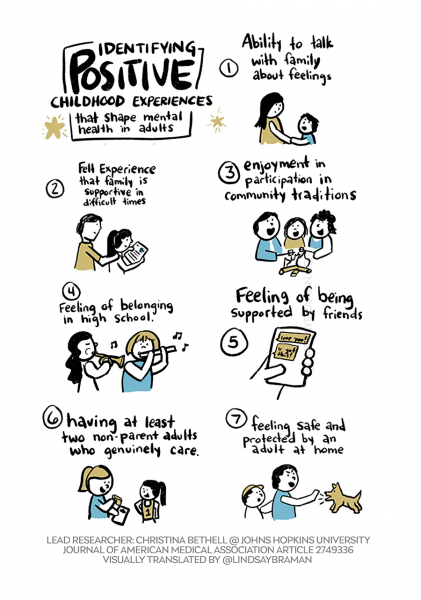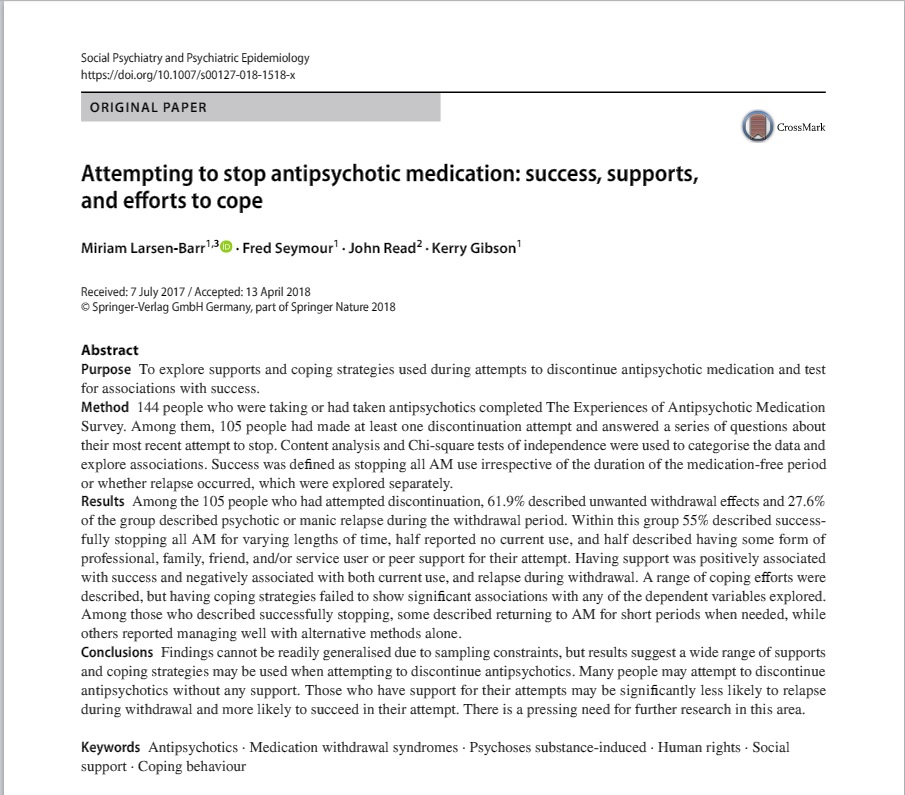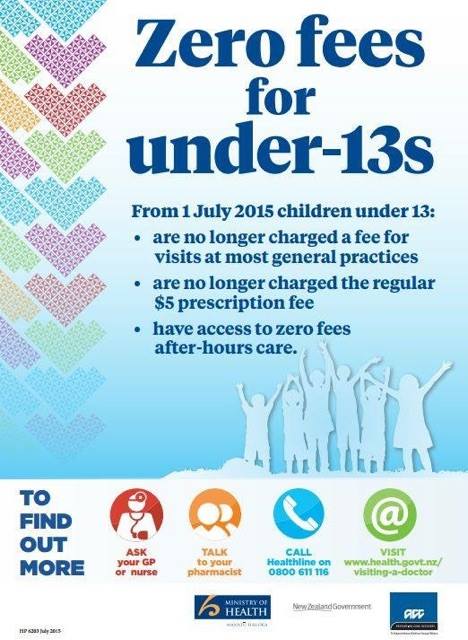Cameron is a kiwi guy who was diagnosed with autism in adulthood. He and his wife Kirsten write regular blogs about their life navigating autism as a couple. Their blog lets you follow their journey from seeking out a diagnosis, making sense of it, and working through the challenges autism presents. One of the things I love about this blog is that we get to hear from both Cameron and Kirsten as they welcome us into their struggles and small victories. In their latest blog post, they celebrate Cameron receiving his university diplomas and reflect on all it has taken to get there (this involves a bit of swearing, which is not surprising given the challenges he faced).
For me, these experiences really highlight the importance of accurate diagnosis and access to appropriate accommodations within our education settings. If you are autistic or experience other forms of neurodiversity like ADHD, and you are studying or preparing to study, it is vital that you know you can find support for your learning from your university’s disability office. All educational settings are required to have some form of support in place and you have a human right to ‘reasonable accommodations’ to ensure you can take part to the best of your ability.
Cameron didn’t have a diagnosis at the time he was studying, and describes just how distressing the process of misdiagnosis ultimately was for him. You could argue that it was the stress of misdiagnosis that prevented him from completing the degree he had initially planned for himself, rather than the challenges of autism itself. Because of course, if we don’t know what it is really happening to us, it’s incredibly difficult to know what we need and what is going to help. And there are plenty of things that can help. It is possible to plan a reduced course load, more time to get course-work done, reader-writers for note-taking, exams and tests, assistance in labs, support to educate your teachers, and all sorts of other things to help make it easier to manage the challenges you face and successfully pursue further education without placing yourself under undue levels of stress and distress. Sometimes it takes an advocate or two to access these accommodations and Kirsten gives us an inspiring example of the difference it can make when people have someone to stand beside them in this way.
Follow Cameron and Kirsten at Help My Husband Has Asperger’s and read their latest post here My Train Finally Arrived at Alumni Station!









